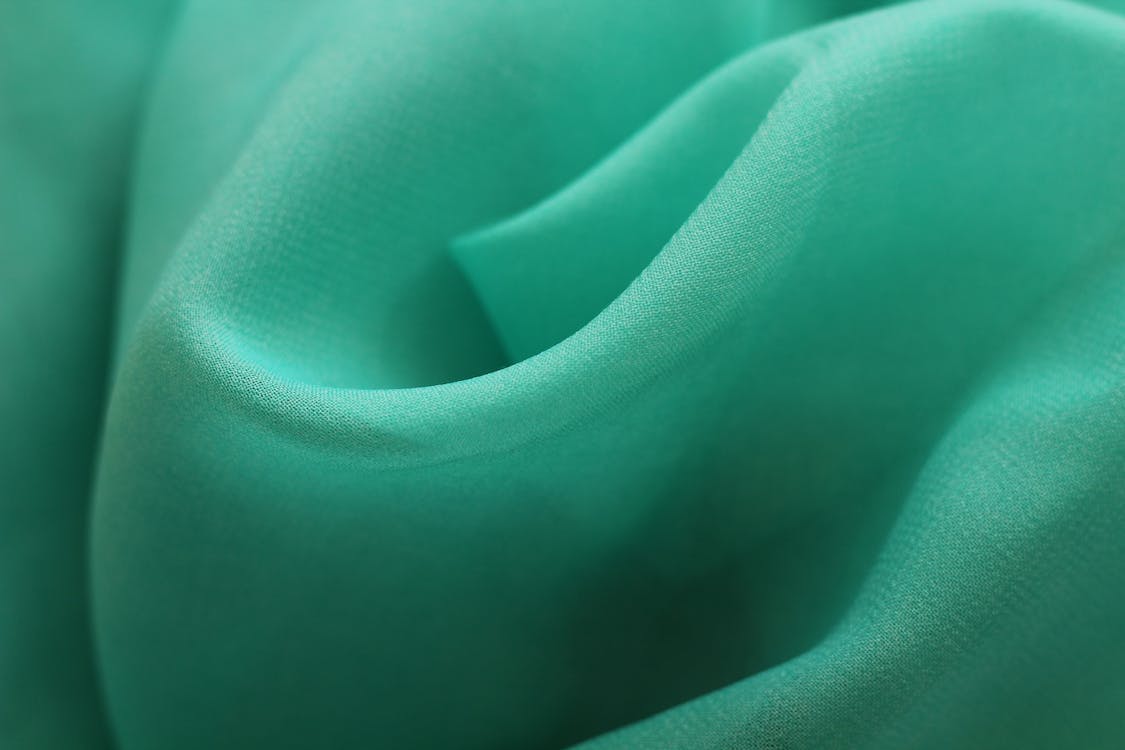
FAQ About Differences in Polyester
Is polyester eco-friendly?
Polyester, as a synthetic fiber, is generally considered to have a larger environmental footprint compared to natural fibers. Here are some factors to consider when evaluating the eco-friendliness of polyester:
- Raw Materials: Polyester is derived from petroleum, a non-renewable fossil fuel. The extraction and processing of petroleum have environmental impacts, including carbon emissions and habitat disruption.
- Energy and Water Consumption: The production of polyester requires significant energy and water resources. Energy-intensive processes such as polymerization, spinning, and weaving are involved in the manufacturing of polyester fibers.
- Chemical Usage: Polyester production involves the use of various chemicals, including solvents, dyes, and finishing agents. The release of these chemicals into the environment can have negative ecological consequences if not properly managed.
- Recycling and Circular Economy: On a positive note, polyester can be recycled, and recycled polyester, known as rPET, can be used to produce new polyester products. Recycling polyester reduces the demand for virgin materials and helps reduce waste. However, the recycling process itself requires energy and resources.
- Microplastics: One concern with polyester is the shedding of microplastics during washing. Microplastics are tiny plastic particles that can end up in water bodies, potentially harming aquatic ecosystems and entering the food chain.
- Durability and Longevity: Polyester is known for its durability and resistance to stretching, shrinking, and wrinkling. Its long lifespan can help mitigate the environmental impact to some extent, as durable products reduce the need for frequent replacements.
- Eco-friendly Initiatives: Efforts are being made to improve the eco-friendliness of polyester. These include the development of bio-based and recycled polyester, as well as advancements in production processes aimed at reducing energy and water consumption, and minimizing the use of harmful chemicals.
When considering the eco-friendliness of polyester, it is important to compare it to other fiber options and take into account the entire lifecycle of the product, from raw material extraction to disposal. It's also worth noting that eco-friendly practices, such as recycling, responsible chemical usage, and sustainable manufacturing processes, can help mitigate some of the environmental impacts associated with polyester production.
However, it's important to recognize that polyester, as a synthetic fiber, still poses environmental challenges, and transitioning to more sustainable and environmentally friendly alternatives, such as organic cotton, hemp, or lyocell (TENCEL™), can be beneficial in reducing the overall ecological footprint of the textile industry.
